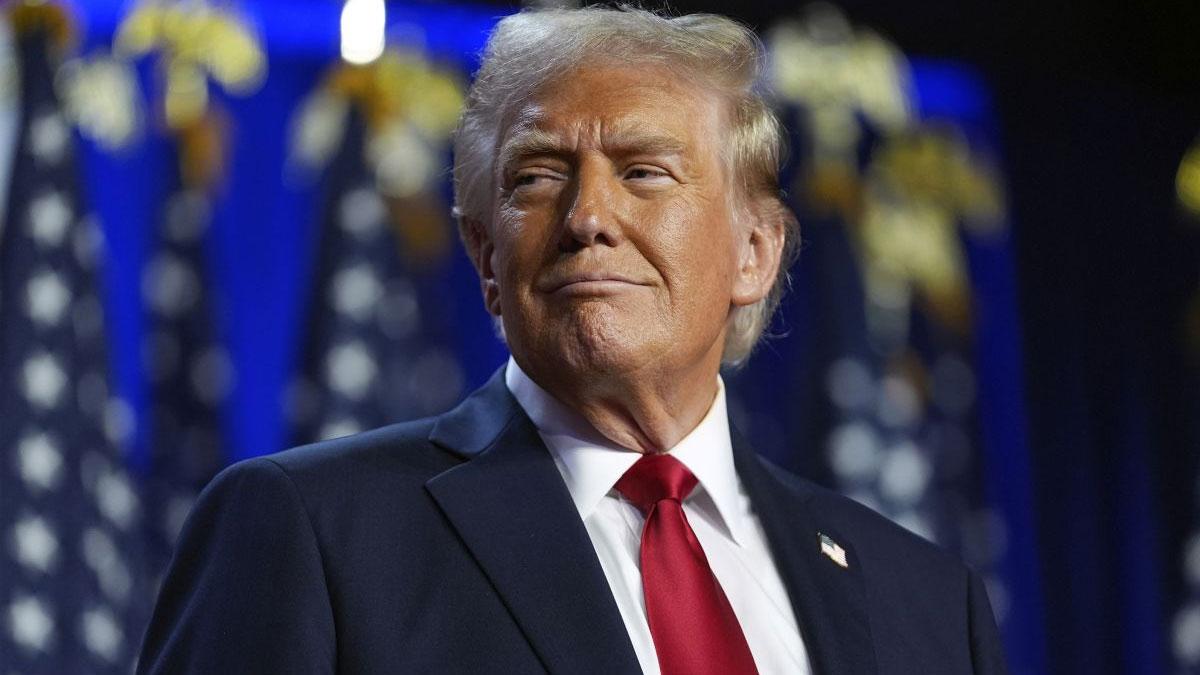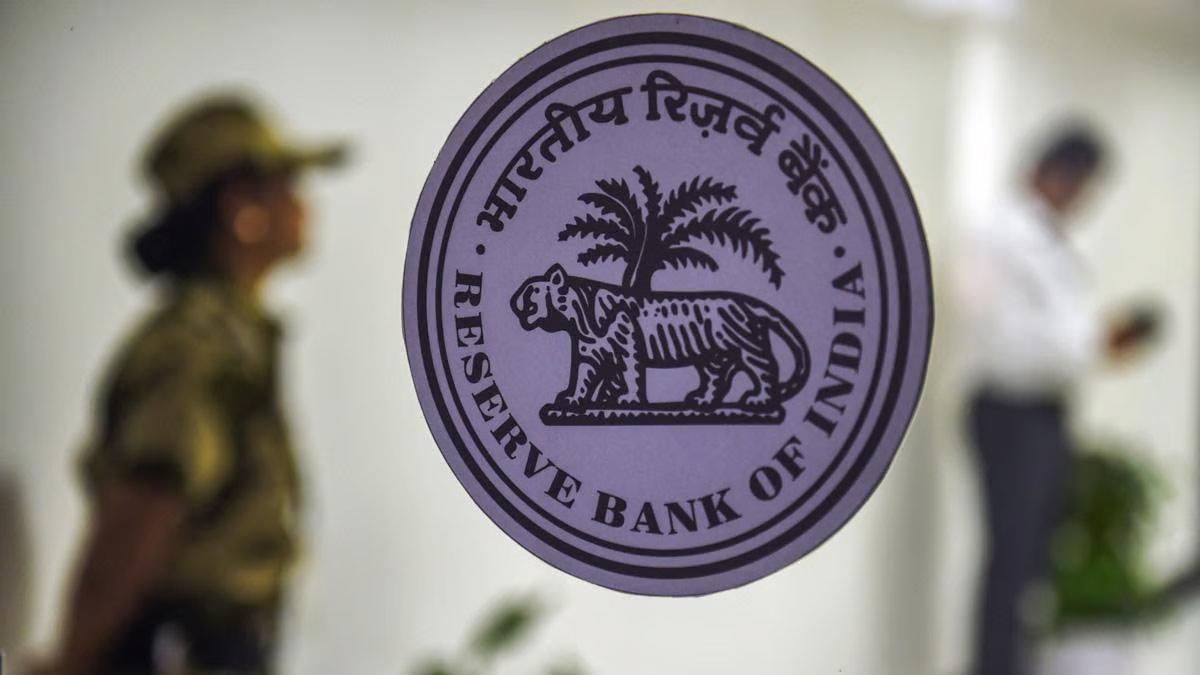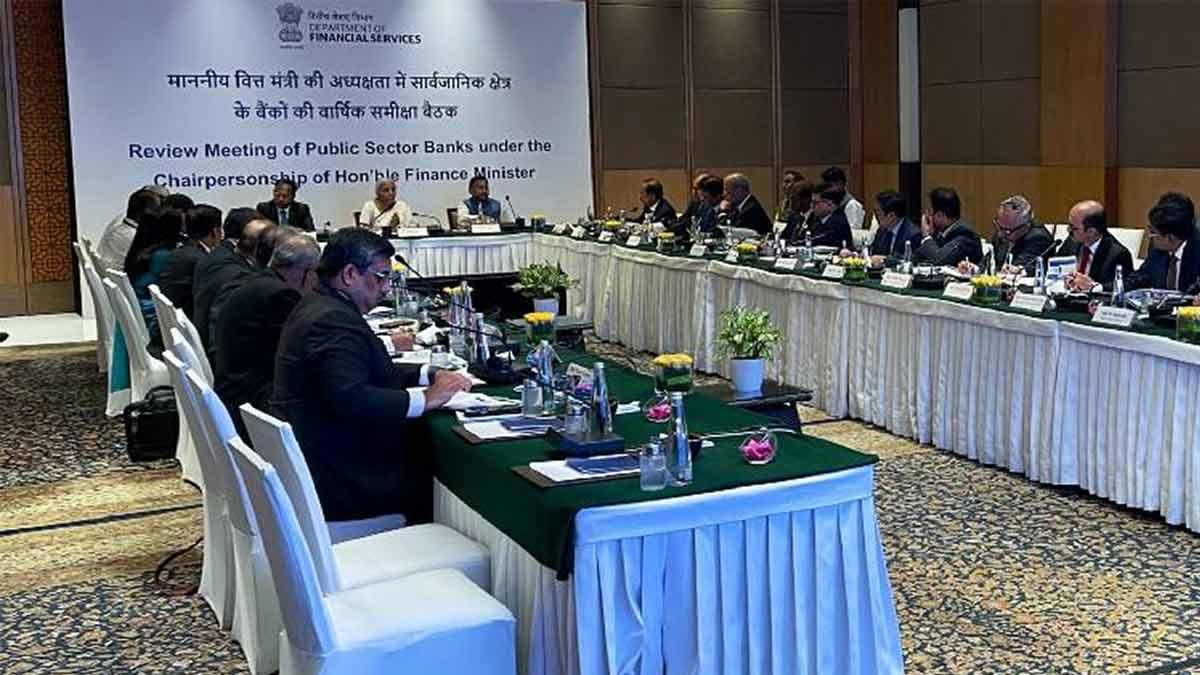President Donald Trump reinforced his administration's position on imposing a baseline 10% tariff on all imports, while hinting at possible exemptions under certain circumstances—particularly as nations such as South Korea look to reduce the impact of these new trade regulations.
In addressing the media in his White House interview, Trump answered a question about whether the minimum tariff would still be in place if the trading partners had agreed to remove duties on U.S. exports as part of reciprocal trade negotiations.
"You are going to always have a baseline. I mean, there could be an exception one time. We'll see if somebody does something exceptional for us," Trump uttered while signing a series of executive orders, a report from Yonhap News Agency said.
He went on to say that while the 10% tariff establishes the overall starting point, some tariffs will rise much higher—up to 40%, 50%, or even 60%—a mirror of the type of rates other countries have long charged on American imports.
Trump also suggested that several trade agreements were on the brink of being finalized, noting, “four or five more” deals were expected soon, although he did not provide details on which countries were involved.
The regular tariff rate went into effect on April 5. But Trump opted to postpone imposition of higher tariffs on certain countries, including a 25% tariff on South Korean imports, until July 8 to provide an opportunity for bilateral talks centered on both tariff and non-tariff issues.
In a separate statement, the U.S. State Department expressed alarm at growing cooperation between Russia and China, warning that such an alliance would threaten global security. The remark came after a summit between Chinese President Xi Jinping and Russian President Vladimir Putin, who issued a joint statement calling on countries to bring an end to what they termed "unilateral coercive measures and military pressure" against North Korea.
Reacting to the development, a State Department official said, "As President Trump has stated, further cooperation between these two nuclear powers will only further contribute to global instability and make the United States and other nations less safe, less secure and less prosperous," as per Yonhap.
Read also| Pakistan Denies X Posts on 'Loan Pleas Amid Heavy Losses,' Claims Account Was Hacked
Read also| US and UK Roll Out Initial Trade Deal from Trump Era


















